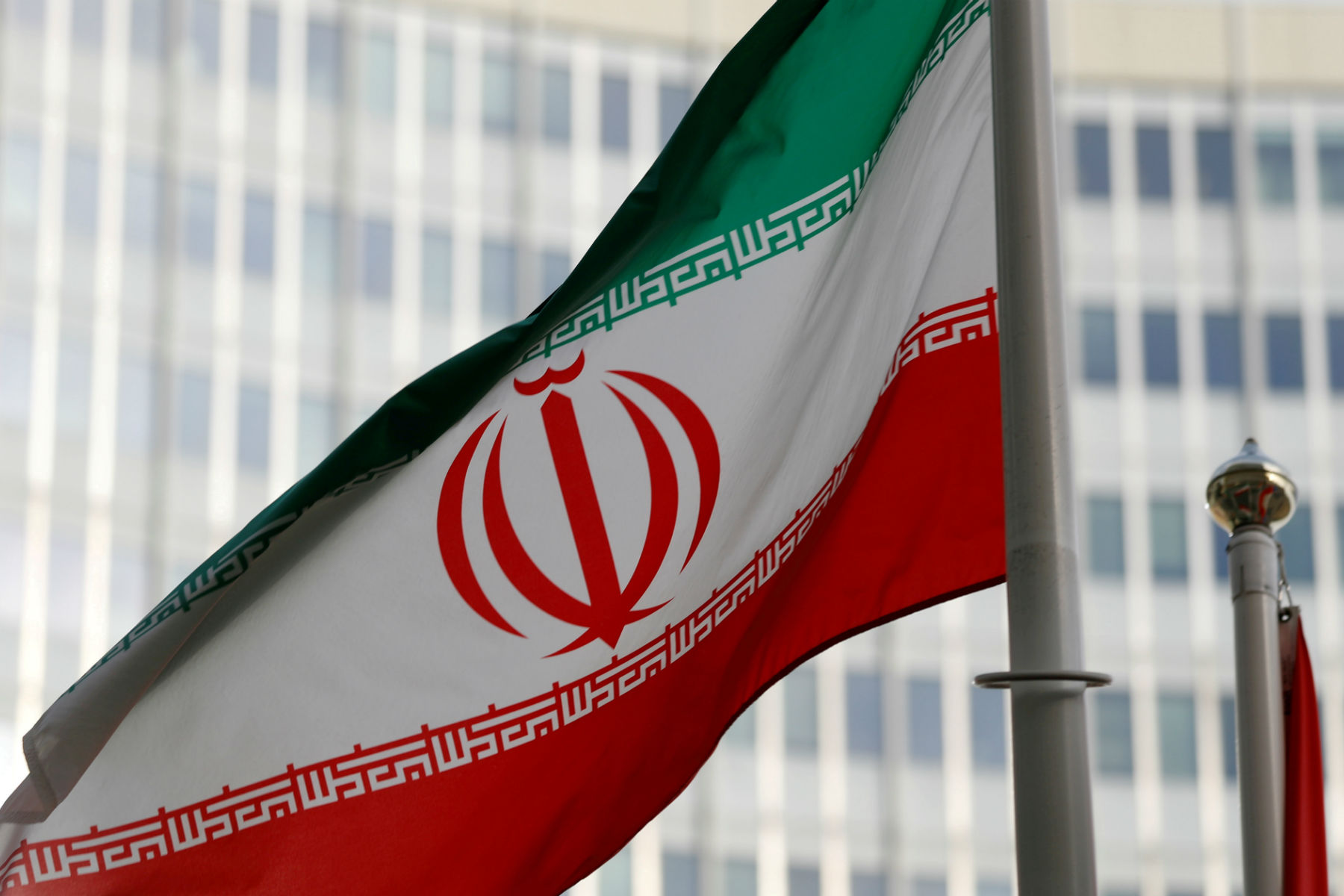As Iran inches closer to nuclear capability, former President Donald Trump has drawn a firm red line, stating that Iran must abandon its nuclear ambitions or face “decisive consequences.” Speaking Sunday aboard Air Force One, Trump indicated he had sent a direct letter to Iran’s Supreme Leader, warning that further development of a nuclear weapon would not be tolerated. While the contents of the letter have not been disclosed, it reportedly offers a stark choice: abandon the nuclear path or face economic and possibly military retaliation.
On Chicago’s Morning Answer, Amy Jacobson and guest host Chris Krok welcomed national security expert Steven Bucci—a former Army Special Forces officer and Pentagon official—who said Trump’s direct approach is both timely and warranted.
“Trump is offering not to smash them—economically or militarily—if they stop their nuclear weapons program,” said Bucci, now a visiting fellow at the Heritage Foundation’s Allison Center for Foreign Policy Studies. “Seems pretty reasonable to me.”
Iran’s Threats Escalate
Tensions spiked Monday morning when an Iranian state-run newspaper—widely viewed as a mouthpiece for Supreme Leader Ayatollah Khamenei—published an incendiary editorial calling for “bullets into Trump’s empty skull” in retaliation for the 2020 U.S. drone strike that killed Quds Force Commander Qassem Soleimani.
Bucci dismissed the rhetoric as par for the course in Tehran.
“They talk almost as much smack as Vladimir Putin,” Bucci said. “But they’re deadly serious in their theology. They believe destroying Israel and America could kick off their version of an apocalyptic event. That makes them uniquely dangerous.”
Bucci emphasized that Iran’s nuclear program is not just a geopolitical concern, but a theological crusade for the regime’s hardliners.
“They’re not just unstable—they’re driven by a vision where global chaos brings about the return of their messianic figure,” he said. “That’s not the kind of ideology you can negotiate with casually.”
Military Posturing and U.S. Strategy
The interview also touched on growing speculation that the U.S. is preparing for potential military strikes. Krok noted the unusual forward deployment of several B-2 bombers to Diego Garcia, a remote U.S. base in the Indian Ocean. While Bucci acknowledged the positioning is noteworthy, he said such assets are always on alert.
“Those aircraft are ready, and they can move anywhere,” he explained. “Bunker-buster bombs are the likely option. But if Iran detonates a device before we act, the response could escalate to something even more forceful.”
Bucci said the ultimate goal remains avoiding conflict while eliminating Iran’s nuclear threat—ideally through deterrence and diplomacy, but with credible force as a backstop.
Yemen’s Houthis: Iran’s Other Weapon
The conversation shifted to the Red Sea, where the Iran-backed Houthi rebels in Yemen have launched unprecedented attacks on U.S. and allied ships. Bucci called the Houthis “al-Qaeda or ISIS with cruise missiles” and emphasized that they are merely an extension of Tehran.
“Everything they have—missiles, air defense systems—comes from Iran,” Bucci said. “The Houthis are a proxy. The key to stopping them is to stop Iran.”
Bucci praised the recent wave of U.S. and Israeli strikes targeting Houthi infrastructure, but warned that sustained pressure is required. “If you don’t cripple their ability to act independently, they’ll keep disrupting global trade and killing innocent people.”
Ukraine: A Stalemate with High Stakes
Bucci also offered insight on the ongoing war in Ukraine, which has slipped from the headlines but remains volatile. With President Trump reportedly encouraging negotiations between Kyiv and Moscow, Bucci said the success of that effort hinges on Putin.
“The Ukrainians are willing to talk. But Putin still believes he can outmaneuver us like he did with previous presidents,” Bucci said. “He hasn’t realized that Trump isn’t interested in being outplayed.”
The Heritage expert noted that Ukraine’s rare earth mineral reserves could become a strategic bargaining chip—both to repay U.S. aid and to draw America deeper into Ukraine’s long-term stability.
“If we have a stake in their mineral resources, that’s also a security guarantee for Ukraine,” Bucci noted. “It’s a win-win—economic for us, and protective for them.”
Steven Bucci left listeners with a sobering message: the world is dealing with increasingly emboldened adversaries in Iran and Russia, and firm, strategic action will be needed to restore balance. Whether through diplomacy, deterrence, or decisive force, the former Special Forces officer said time is of the essence.
“Iran is the key to the region. If we don’t stop them, chaos spreads,” Bucci concluded. “But if we apply pressure smartly, we might just get the results we need—without a war.”





